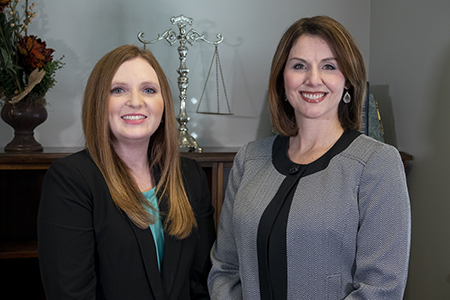Elder Law / Long-Term Care
Long-Term Care planning (sometimes called “elder law”) is an essential part of estate planning. It involves considering your long-term care desires, as well as an analysis of your available financial resources to pay for your long-term care. For example, would you prefer in-home care rather than a facility? Are you interested in assisted living? How do you feel about nursing home care?
Equally important is a consideration of your available financial resources for long-term care. Do you and your spouse have sufficient financial resources to pay for full-time care in the event one or both of you need it? Have you looked into the variety of insurance options that may be available to you? Might you qualify for government assistance programs?
An estate planner, particularly one with experience in the area of “elder law” can help you evaluate your options and plan accordingly.
While listening to the experiences of others can be helpful, be careful about acting upon the advice of nonprofessionals. While their intentions may be good, their advice is usually related to a specific fact-scenario that is most likely not exactly like yours. Before gifting your property, putting someone else’s name on a deed or another asset, or even selling your property to pay for long-term care, please consult one or more qualified professionals – this may be a trusted financial adviser, insurance agent or attorney (or all three). There are often many ways to pay for long-term care without losing it all, whether you plan 10 years in advance or whether you are in the middle of a “crisis” situation. Take time out, and seek help.

